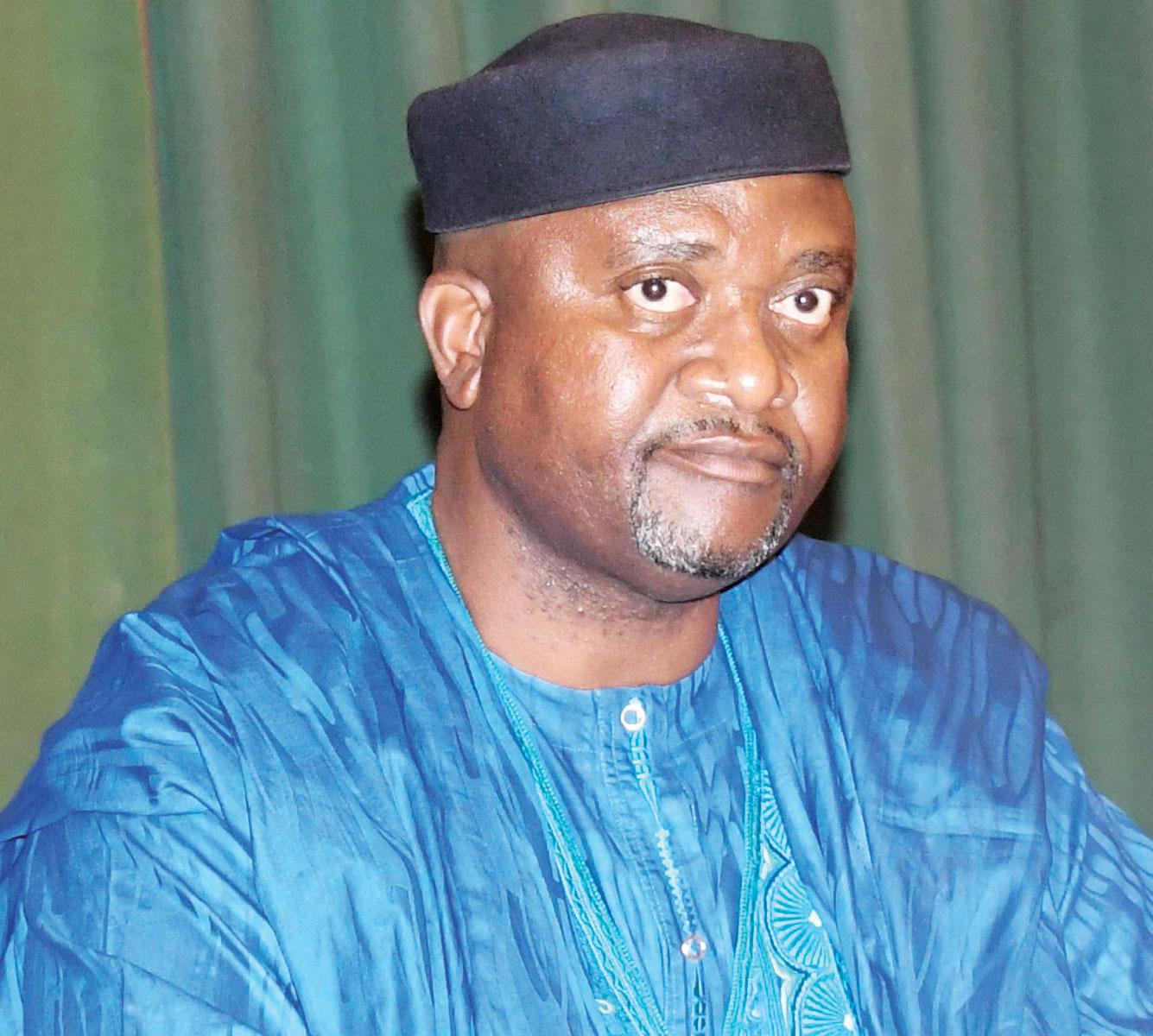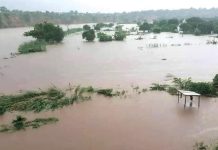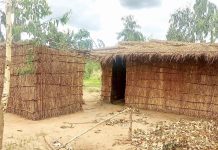Africa-Press – Malawi. State-run National Oil Company of Malawi (Nocma) has said it is working towards connecting all oil strategic reserves to the port of Nacala through railway line to cut on the cost of ferrying the commodity into the country.
Nocma acting Chief Executive Officer Hellen Buluma told Minister of Energy Ibrahim Matola last week that construction of a rail line to connect Matindi Port to another line that connects to Nacala are at an advanced stage.
“We hope that, by June, the project will be complete here in Blantyre. The project was already completed to connect the Lilongwe Depot and we are just waiting to start using rail transport to bring in fuel.
“We already brought in the wagons, the challenge that is there at the moment is that the Ministry of Transport is still rehabilitating the line between Balaka and Nchinji. Once that is completed, we will start bringing in fuel through the lines,” Buluma said.
She said the firm was also increasing storage capacity at its depots in Blantyre, Lilongwe and Mzuzu by 60 million litters, which is expected to be completed in 2024 at a value of K18 billion.
She said the funds have already been secured. Matola lauded management of Nocma for being vigilant in implementing public sector reforms that will ensure reduced cost of importing fuel.
“These projects are part of the public sector reforms. We, as government, are looking at ways of minimising cost when importing fuel; so, shortly, we will be using the rail hauling huge volumes of fuel at once and that will make our lives easy,” Matola said.
Malawi Energy Regulatory Authority spokesperson Fitina Khonje said in an interview that, according to the Malawi Route Mix Policy, the country was supposed to import at least 20 percent of its fuel through rail, which has not been achieved.
“We believe we will be able to achieve this because what we want to achieve with the route mix is to ensure security and efficiency but also reduce importation costs,” Khonje said.
For More News And Analysis About Malawi Follow Africa-Press






